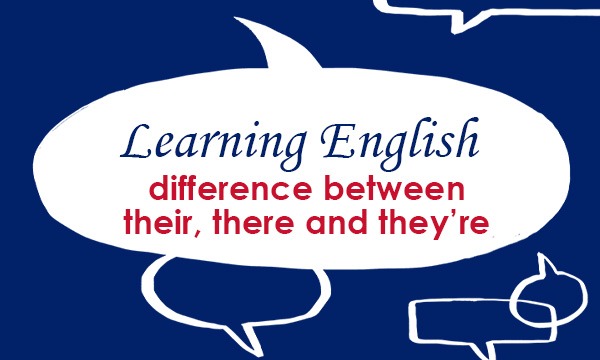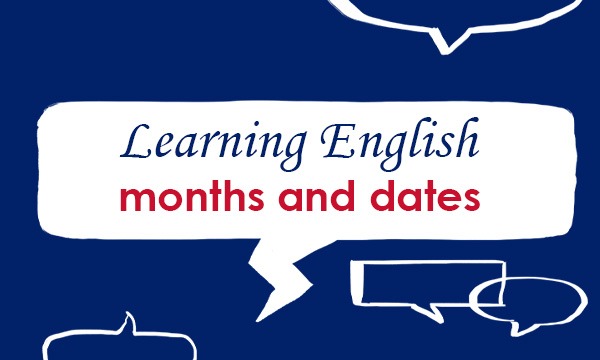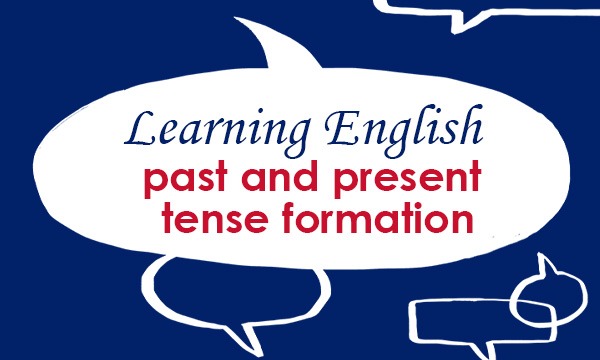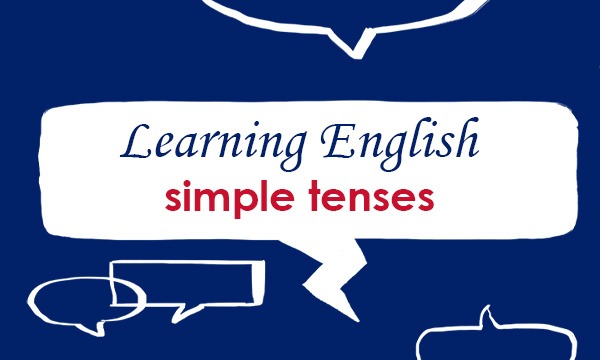
What’s the difference between its and it’s?
Its and it’s are homophones that are often confused by learners and native speakers of English alike. Here is a short guide to help understand the difference between them. its Its is a possessive determiner. You use its to show that something belongs or relates to a thing, place, animal, or child. The… Read More







